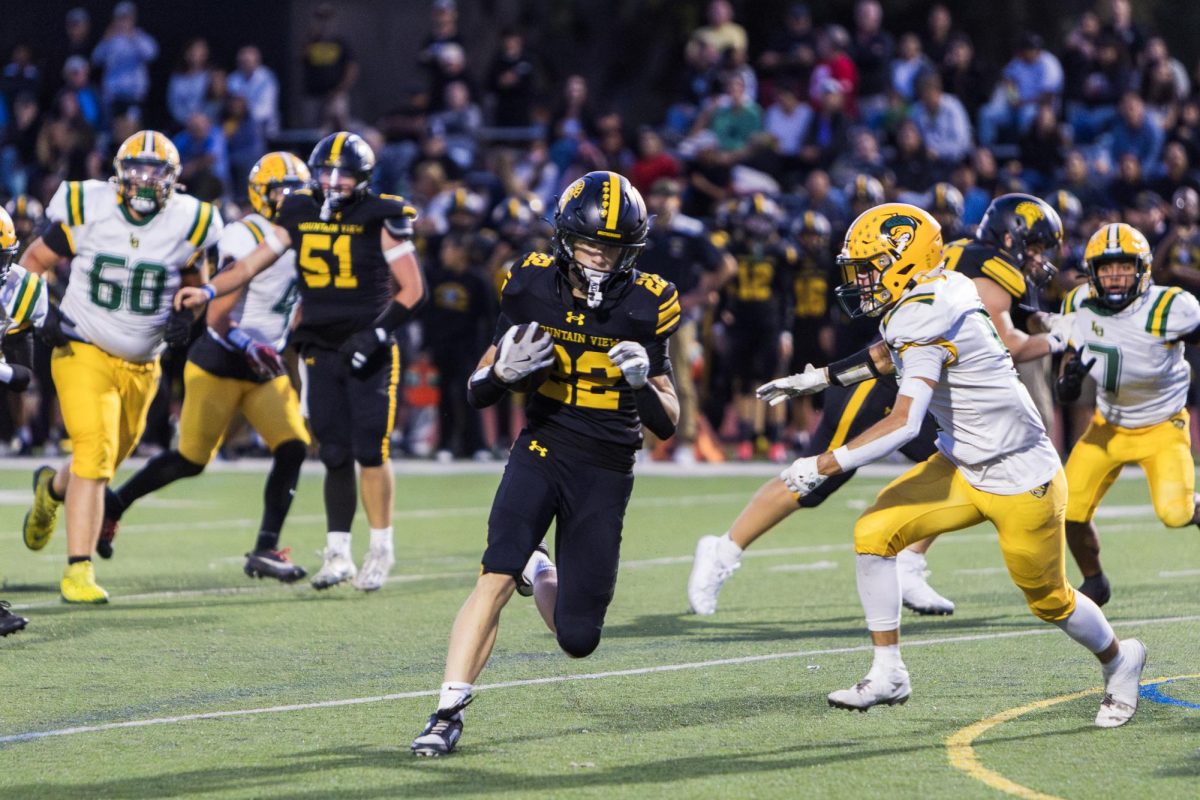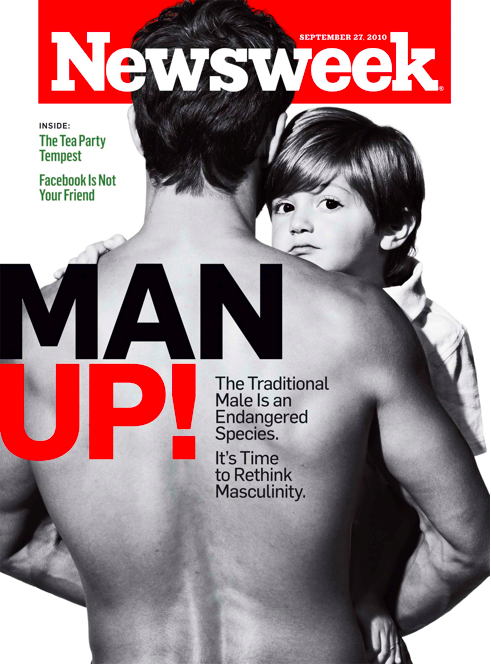Masculine. How do we define the word “masculine”? According to dictionary.com, “masculine” means “having qualities traditionally ascribed to men, as strength and boldness.” As someone who considers herself a feminist, I think it is already clear that the definition of “masculine,” which includes being strong and bold, has definite sexist and archaic implications for women. However, this also expects serious sexist ideals of men. On a high school campus, it is common to overhear a guy teasing his buddy about “manning up.” The context of these situations typically involves said guy displaying a fraction of an ounce of emotion, thus causing his so-called “buddy” to immediately put his guard up and pretend he does not have a beating heart or a single feeling in his possession. Why? Because society tells him to do this.
Society pressures men into feeling as if they have to mold themselves into a shape that will neatly fit into the constricting square of the masculine stereotype. On top of this, many boys are raised under the impression that emotion is a sign of weakness, and that men must never show vulnerability. Even for boys not raised by parents with this absurdity in mind, society will try its absolute hardest to pound it into the backs of their skulls, which results in boys’ bottling up of emotions, and, thus, according to Thomas Scheff, Professor Emeritus of Psychology, UCSB, a higher likelihood of violent outbursts. From Taft Union High School in California to Marinette High School in Wisconsin, many of us have heard the stories about the quiet kid, often a bullying victim, who ends up attempting to murder his classmates. It’s well known — repression often leads to aggression.
Furthermore, we will never fully abolish society’s disrespect for women if we keep teaching boys from early on that masculinity is a disregard for emotions, a resort to violence instead of communication, or misogyny. Each “don’t be such a girl” makes men feel like they must hide the aspects of themselves that are sensitive or caring in order to prove their masculinity, which is often a big part of their identity. Statements like these also negatively depict the female gender, thus widening the disparity between men and women in our already patriarchal society. So what can we do about this? We, as a society, can start by detracting sexist terms and phrases from our vocabulary. No more “be a man”s, “man up”s, or “grow a pair”s. We must appreciate men expressing themselves through their feelings instead of their fists, and most importantly, as the generation of the future, we must remember to raise our boys to value equality and kindness.
Want to learn more? Here are some interesting links:
Sons is a slam poem that discusses rape culture’s inadequacy at teaching boys to be respectful human beings, and the need for parents to raise their sons with strong ideals about the evil of sexism and crime.
The Mask You Live In (a clever play-on-words for “masculine” when you say it fast) is a film that explores American masculinity and the pressures put on men to hide their emotions.
“Aggression, Hypermasculine Emotions and Relations: The Silence/ Violence Pattern” by Thomas Scheff, Professor Emeritus of Psychology, UCSB




































Shayda Dehnow • Nov 25, 2013 at 4:33 pm
More relevant links if anyone is interested:
http://youtu.be/QFoBaTkPgco
http://www.nytimes.com/2010/09/05/magazine/05FOB-onlanguage-t.html?_r=0
http://www.manupcampaign.org/
OVERLORD • Nov 5, 2013 at 11:44 pm
You make very bold statements about the feelings if men even though you truly have never experienced it and do no know what it is like. Your statements are generalized about the male inner psyche and how we view women just from what we say. Man up doesnt mean mean put your emtotions aside, it means get confident and go do something. Before you make such statements again truly understand the male mind before you make sweeping generilozations that make us look like pigs who are against women:
Shayda Dehnow • Nov 13, 2013 at 10:42 pm
I don’t think anything about this article made generalizations that make men “look like pigs who are against women.” Just saying. But true, I am not a man, however that does not mean that I have not witnessed society put pressures on men to hide their feelings. I actually wrote this article in the defense of men and their emotional stability. I feel like saying “man up” in the context of a situation where it is meant as “toughen up, don’t display emotion/weakness,” which it usually is, is sexist to both genders and regressive for society. I understand that both women and men consider their femininity/masculinity a part of their identity, and take pride in them, but the way our society typically uses these phrases is 1) sexist to both genders, as I said earlier, and 2) mentally and emotionally unhealthy for males. Obviously I am not a male, nor do I claim to be, but that does not mean I am incapable of noticing patterns in day to day life (plus, there is a lot of support for this…check out some of the sources I cited! Bonus: “Aggression, Hypermasculine Emotions and Relations: The Silence/ Violence Pattern” was written by a male).
emotional male • Nov 5, 2013 at 9:42 pm
amen sista!